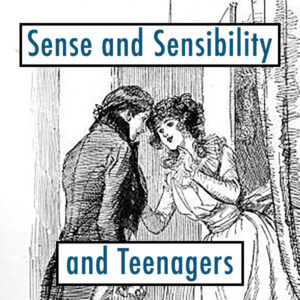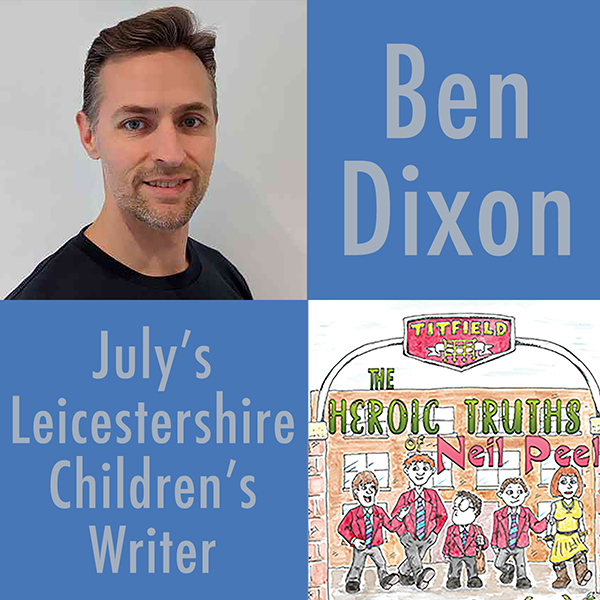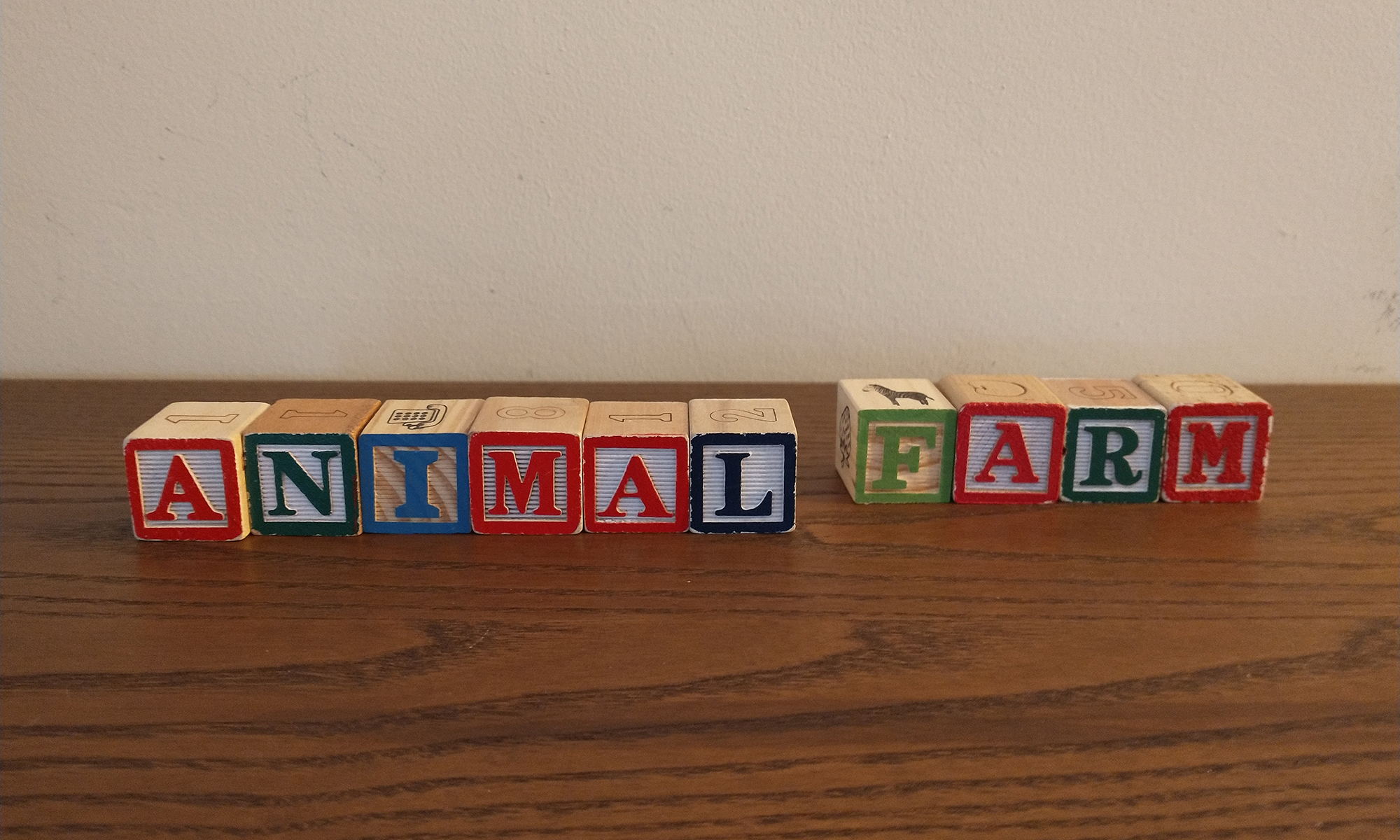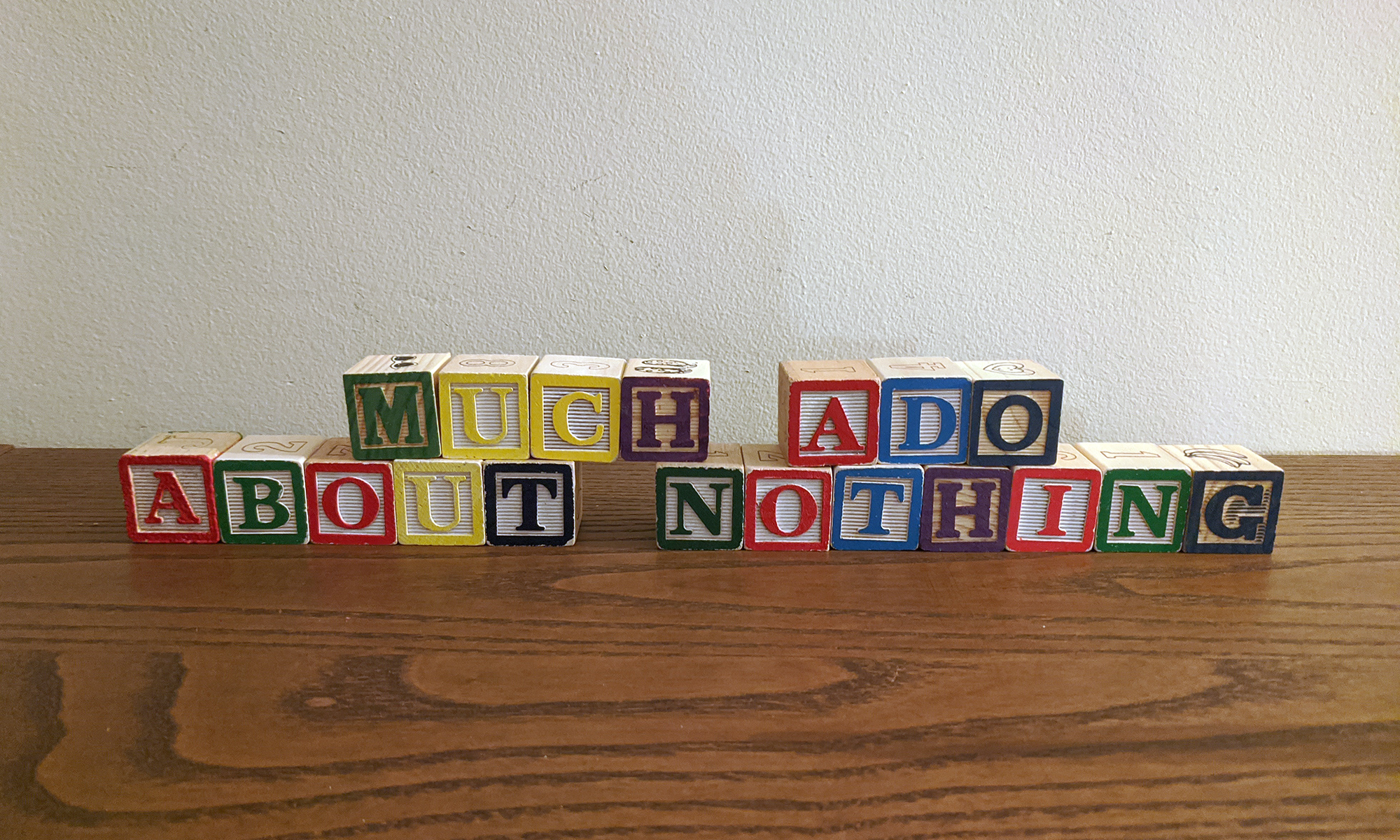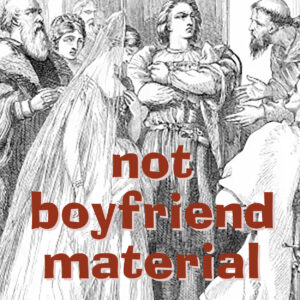Animal Farm by George Orwell offers something to virtually every academic discipline. Teenagers will be delighted to engage with it so long as it’s presented in an interesting and appealing way. In this episode, I give some ideas for how this book can be taught in different kinds of academic classes.
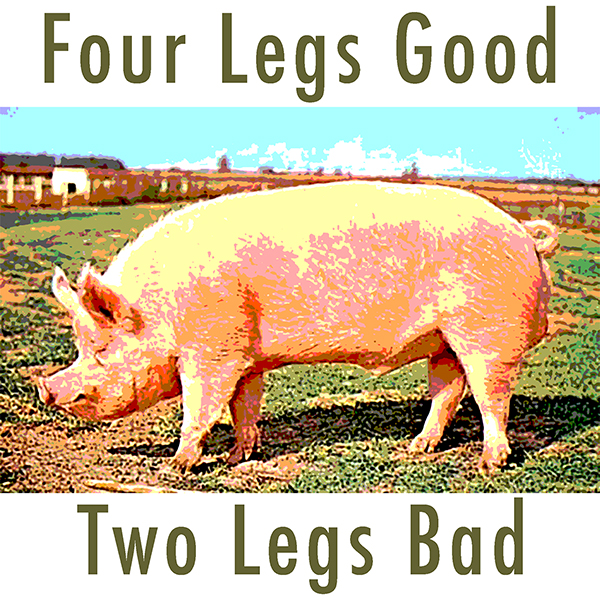
Also in this episode, I mentioned this heartwarming story I found about a town in Wałbrzych, Poland that is using handmade dolls representing Anne Shirley from Anne of Green Gables in order to raise awareness about the need for more foster families. I’d love to find more information about this story, but I don’t speak Polish, so if any listeners can help me understand some of the Polish-language reporting on this sweet story, I sure would be grateful!
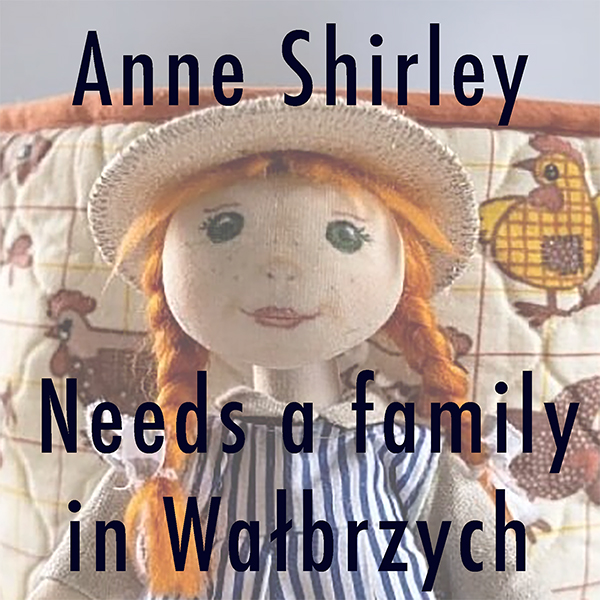
Activity: Passive Voice
Teachers usually tell students never to use passive voice, and as a general rule this is good advice. Passive voice is when a sentence puts more focus on the person or object experiencing an action, rather than the person or object doing the action. A sentence written with active voice would be “The animals sang a revolutionary song called Beasts of England.” That same sentence in passive voice was “A revolutionary song called Beasts of England was sung by the animals.” Active voice tends to result in clearer, shorter, more easily understood sentences. Passive voice can sometimes make it unclear who performed an action.
But sometimes, passive voice can be used creatively for the sake of humor or to encourage the reader to figure out certain things independently. George Orwell uses passive voice in Animal Farm to draw attention to times when the pigs behave in a selfish or corrupt manner. These sentences often begin with “it was noticed” or “it was felt.”
Have students track times when passive voice is used in Animal Farm. Ask them to rewrite these sentences in direct voice, so that the styles can be compared. Then discuss how the passively construction sentences are more funny and thought-provoking, which shows that passive voice can sometimes be used, but only for a good reason.
Activity: Who Should Be Allowed to Vote?
In Animal Farm, the pigs steadily convince the other animals to stop making any decisions for themselves because they might sometimes choose poorly. The pigs take all leadership power for themselves, shutting out any non-pigs from the government of Animal Farm.
After reading this portion of the story, encourage students to consider the following questions. Answers may be given as written responses, discussed in small groups, or talked about as a class.
- Who should be allowed to vote?
- Should someone be allowed to vote if they can’t understand what the consequences will be?
- Should children be allowed to vote?
- What about those with mental disabilities?
- Should there be things people have to do to gain voting rights, such as passing a civics test or performing some service to the community or nation?
- Under what circumstances should someone have their voting rights taken away?
Activity: Political Slogans
In Animal Farm, the animals come up with a list of principles for their philosophy of Animalism, using the slogan “four legs good, two legs bad.” The pigs gradually begin breaking the principles until they change this slogan to “four legs good, two legs better.” The sheep are easily persuaded to bleat these slogans in a very pointed metaphor.
Have students research political slogans. Some are fairly honest and straightforward, like “I Like Ike.” Some summarize a political position such as “No Taxation Without Representation” or “No Nukes.” Others are more threatening, such as “Eat the Rich” or those which claim a country should belong only to a certain ethnic group. Each student in a class can research a different political slogan, focusing on the historical setting of the slogan’s creation and the message that it was meant to send. Students could also share their feelings about the slogan’s effectiveness and the implications of the policies the slogan advocates for.
